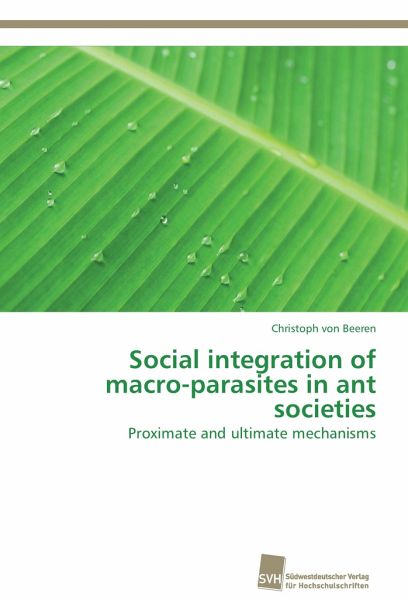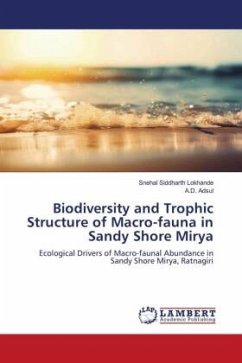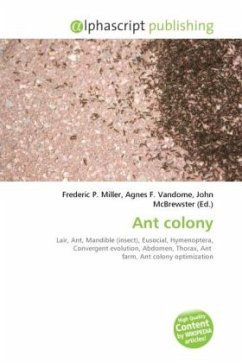
Social integration of macro-parasites in ant societies
Proximate and ultimate mechanisms
Versandkostenfrei!
Versandfertig in 6-10 Tagen
46,99 €
inkl. MwSt.

PAYBACK Punkte
23 °P sammeln!
Ant colonies are commonly parasitized simultaneously by several arthropod species. While some parasites are attacked by their ant hosts, others interact mainly peacefully with them. Although such apparent differences in social integration among ant parasites have been described, the underlying mechanisms resulting in differential integration remain mostly unknown. Using Leptogenys army ants and their parasites, I studied ultimate mechanisms that might be responsible for differing integration levels by comparing the strength of host defence with the negative impact of different staphylinid beet...
Ant colonies are commonly parasitized simultaneously by several arthropod species. While some parasites are attacked by their ant hosts, others interact mainly peacefully with them. Although such apparent differences in social integration among ant parasites have been described, the underlying mechanisms resulting in differential integration remain mostly unknown. Using Leptogenys army ants and their parasites, I studied ultimate mechanisms that might be responsible for differing integration levels by comparing the strength of host defence with the negative impact of different staphylinid beetle species. In addition, I investigated proximate mechanisms of differing integration levels by evaluating the role of chemical deception by mimicry in two parasites (a silverfish and a spider). My results revealed that the parasites' level of social integration seems to be affected by the negative impact on the host, i.e. costly parasites were attacked more frequently. Moreover, the degree of dependency on chemical mimicry to achieve social integration differed considerably between two studied parasites suggesting that these myrmecophiles possess different adaptations to achieve integration.












